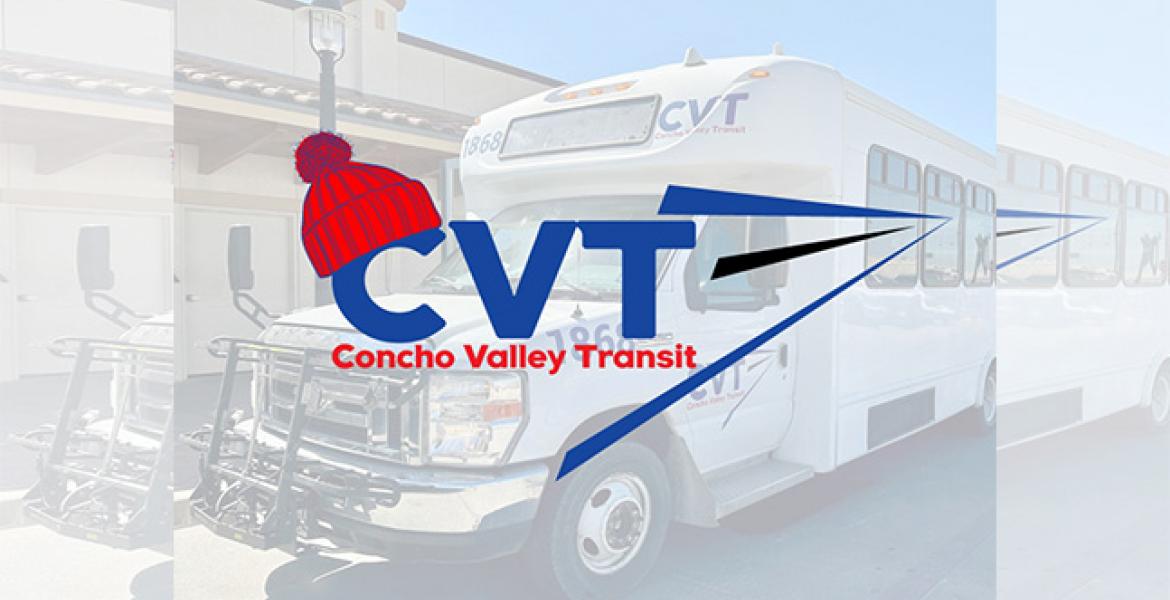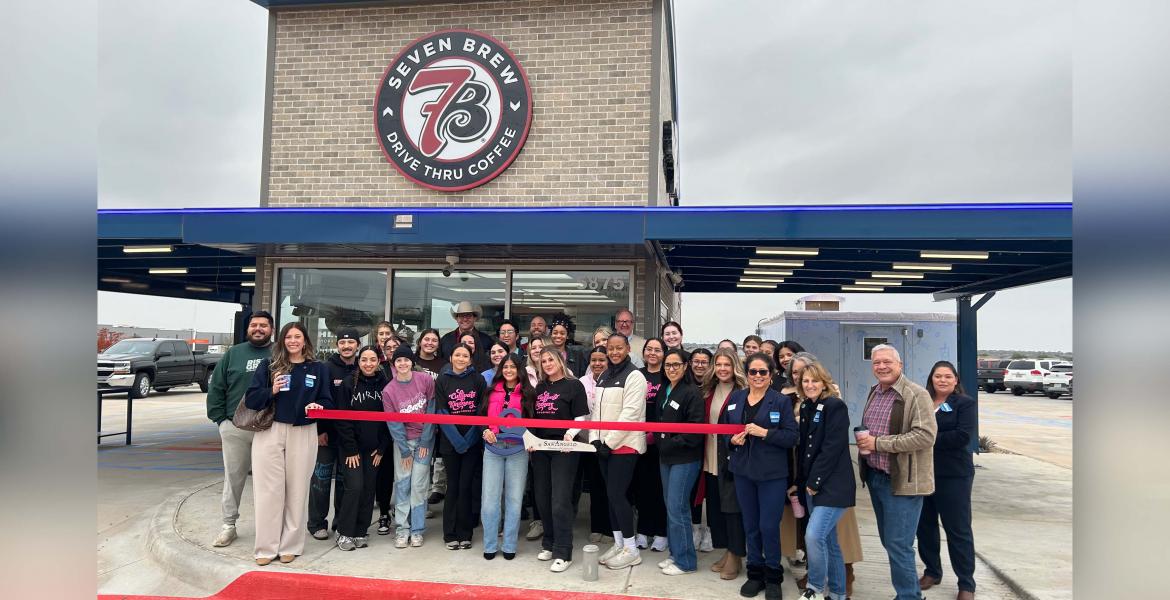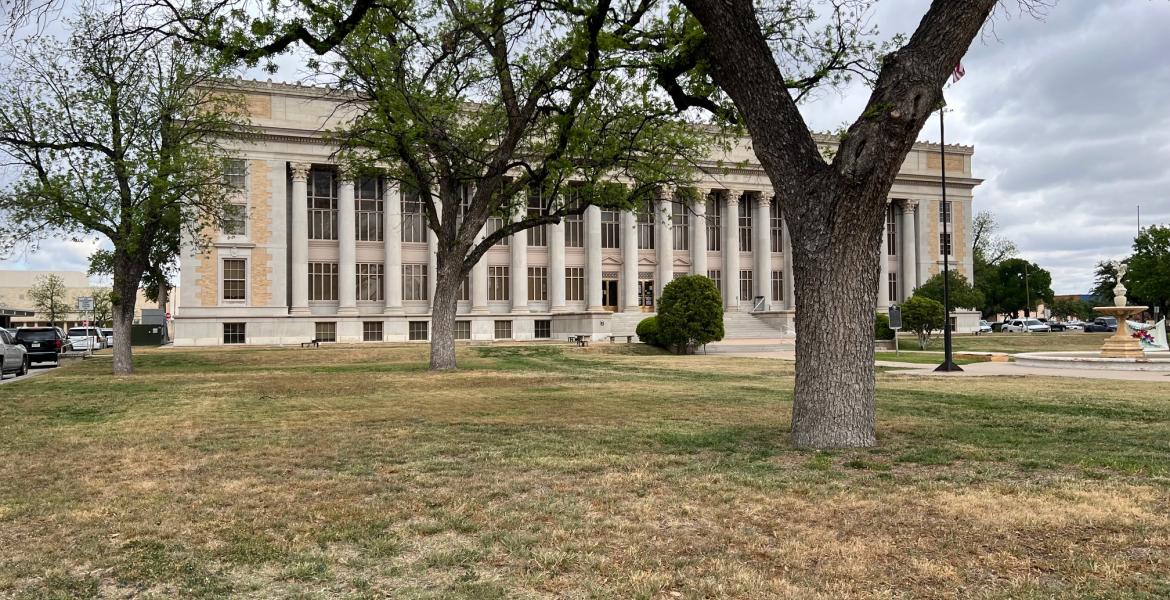Water conservation has been a grave concern in San Angelo, particularly over the past few years. Councilmember Rodney Fleming requested research be done on rainwater harvesting via curb cuts on residential streets some time ago. Since then the city department that was in charge of the research has experienced some change, and Russell Pehl is now the Assistant Director of Water Utilities for the city. Pehl has been in that position for about a month.
“So far all of the items that have been completed to this point are just the details," Pehl said. "Items that I see we need to continue on and bring forward are amending acoustic ordinances, curb cut ordinances and storm water ordinances. I would like to have general written design standards for these types of curb cuts."
Naming things like number, placement and size of curb cuts, Pehl told council that engineers would need to review everything to esnure implementation was effective.
“One example of that would be an 18-inch curb cut per standard residential line," he said. "One thing that we looked at also is if you have a corner lot you potentially have two curb cuts for harvesting rain water. Also the placement, we need to consider where these are located within the lot. Typically you don’t have these near street lights or stop signs or any above ground utilities like electrical pedestals that would create safety issues. You don’t want to flood out your neighbor, things of that nature. We also want to look at not having any underground piping or storage facilities within the public right-of-way or in the utility easement so should we need to get to those utility features in the future. We don’t want to tear up any private piping or what not.”
Pehl showed several examples of what the ideal water harvesting curb cuts looks like.
“This is before you, so I’m not getting on to you, but not a single thing has been done on this in the last 18 months. I’m furious. This is unbelievable,” Fleming said red faced. “You just gave me a list of things that need to be done and it’s everything. It’s unbelievable. I’ve been told every three or four months this is getting worked on and there has been nothing done on this thing. Again not your fault, but this thing better get done. We need to have this in place just because we got a ton of rain last night doesn’t matter, people need to be looking towards the future and this is a viable option for residence in our city to use this. I am blown away that nothing was done in 18 months. I’ve been in this position for 18 months and I’ve been told that this is being worked on and not a single thing was done.”
Fleming was beside himself as Pehl did the best he could with the tools given to him in such a short time span. Pehl alluded to the fact that he had to do some digging to find out what was taking place regarding Fleming’s rainwater harvesting research request prior to him filling the position.
“The first six months I was told legal was having a big problem with this, and I told legal that Phoenix in Arizona is doing this that there are multiple cities throughout the country doing this very same thing and they have it all spelled out, let’s [use] what they have,” Fleming told Pehl.
“I did find we did have a copy of what Tucson was doing and you know most of the things that they were addressing in that particular design manual were for commercial uses,” Pehl said. “My knowledge on this was that we were geared more toward residential use.”
Fleming agreed. “For now… I would like to go commercial next, but we want this for residential.”
Pehl indicated that starting from a smaller base like a residential neighborhood if rain water harvesting is pursued would be key.
“From what I found I don’t think we can necessarily carbon copy what Tucson is doing at this point,” Pehl said. “We need to be able to look at this from a residential stand point and how it’s going to affect that. The lot sizes are typically considerably smaller and you don’t have everything a commercial line would have.”
There were some concerns about cost.
“The people that are going to do this are the people that can afford it. Most of the water is probably going to be sitting in their backyard in a holding tank of some sort,” Fleming said. “So what I want is a game plan. Tell me what I need to do, what residents in my neighborhood need to do, and throughout the whole city to get this thing done. I’ve already let everybody know that I’m only gonna be here a year this thing better be done in 12 months, I can’t believe it’s been 18 and not a single thing has been done.”
City Manager Daniel Valenzuela interjected, “Rodney, I did talk with Russell also as far as developing a draft ordinance at this point to make sure that we have something to council for any changes that need to be made, but we did discuss this as well because I know that we are way shy of what we should be and we can develop that draft ordinance if we have the support of the city council with doing so. If that’s what the council is supportive of we can definitely develop that and bring that for your review.”
Basically leaving the fate of the idea in council hands, a few more questions were asked before that was agreed upon.
“Is this something that would be mandatory or voluntary construction,” asked Councilmember Farmer.
Pehl replied it would all be voluntary by the citizen, anyone willing to harvest.
Farmer asked about incentives to the public for becoming a rain water harvester. “Will it be considered in their water bills, will there be a rebate issued to the customer because they are doing rain harvesting?”
Pehl said that was one of the matters that they would also examine as part of the ongoing study he has now inherited in his current position.
“If everybody does this there’s nothing to be captured in a project that we’re setting, so we have to think about that,” said councilmember Grindstaff. “One thing that I thought of, having worked on the other side of this, if we implement something like this are y'all talking about something where the property owner releases the city from liability for the public water now going on a private property? Because that can be very problematic and we deal with that as a council in other areas of the community where it’s not properly designed for them to use that water but where it can be detrimental to their property.”
In the state of Texas water is not legally known until it enters a water course, like the Red Arroyo for example, so anything out in the street at that point is considered unclaimed water. Which Pehl stressed he believes needs some clarification.
“Because if too much water like last night’s rain, not everyone is going to be happy with that much water off the street on to their property if it’s not well thought out, so I think it’s very interesting,” Grindstaff continued. “Like everything else I think we want to really encourage people to think outside of the box, and implement strategies that we really haven’t thought of before. Also, if we are talking still about the Red Arroyo and capturing water that is on the streets we need to make sure we are not working across purposes but I understand your frustration,” she looked in Fleming’s direction.
Fleming went on to describe the layout of the curb cut rainwater harvesting technique he is familiar with.
“We can set the size of the tank they use to hold the water in any one rain event. It would only collect so much and the way this happens is there is a curb cut in the front, and then the water basin is out on the easement and set back a way so there would be just a little drain to pull to that,” Fleming said. “There is a pump--there has to be a pump--pumping it to where you want it in the back. If it fills up that water basin completely full...when it’s full the rest just keeps on going down the road. It’s not just put a hole in the ground, it’s not just a curb cut it’s an actual basin.”
Interestingly enough Fleming added this, “In realty a lot of people probably aren’t going to do this because it’s going cost $3,000-$4,000 just to have it set up. It is going to be an expense thing, but it’s a nice thing if you could afford to do that and wanted to have extra water it would be nice to have it.”
The mayor and other councilmembers urged Pehl to research the matter further and bring his findings to council as soon as possible.
Subscribe to the LIVE! Daily
Required






Post a comment to this article here: